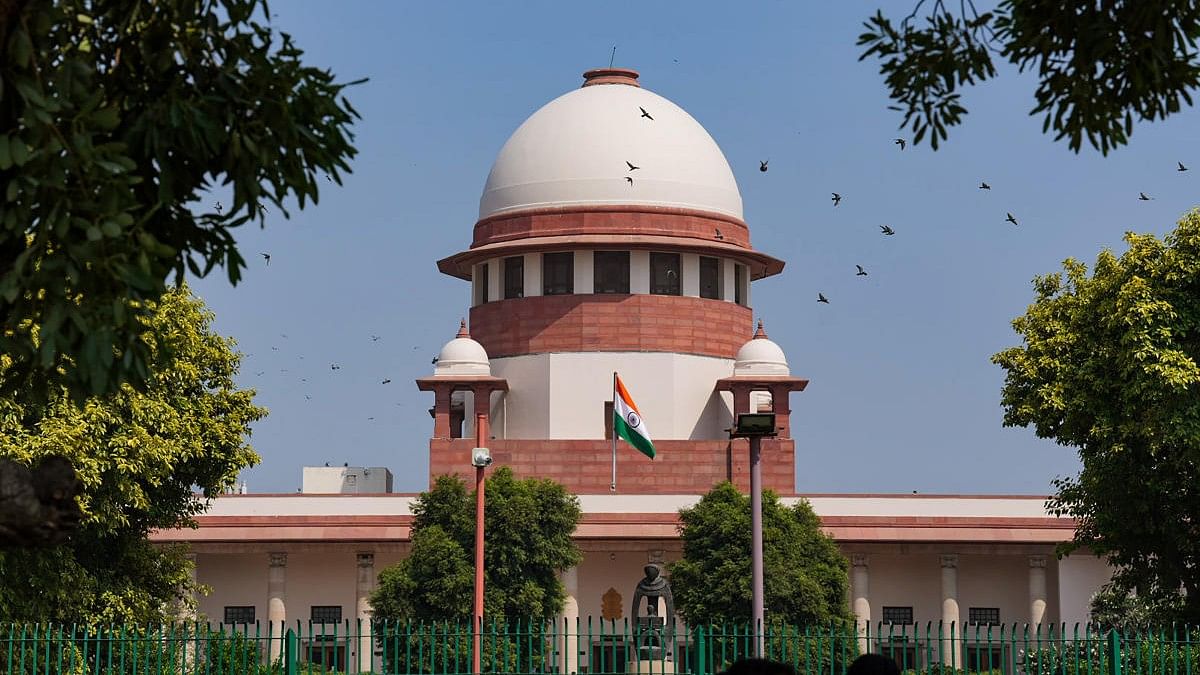
Supreme Court.
Credit: PTI Photo
The Supreme Court has said that it is mandatory to seek sanction for prosecution of a public servant for the offences under the Prevention of Corruption Act but it is not so in case for the crime under the penal law.
A bench of Justices B R Gavai and J B Pardiwala said in the prosecution for the offences exclusively under the PC Act, 1988, sanction under Section 19 is mandatory qua the public servant.
In cases under the general penal law against the public servant, the necessity (or otherwise) of sanction under Section 197 of the CrPC depends on the factual aspects, it pointed out.
The top court rejected a contention by appellant A Sreenivasa Reddy that as sanction under Section 19 of the PC Act, 1988 has not been granted, he cannot not be prosecuted for the offences under the IPC alone and he should be discharged from the criminal proceedings.
The appellant as an Assistant General Manager, State Bank of India, Overseas Bank (Bank), Hyderabad, was alleged to have conspired with other co-accused to cheat the Bank by sanctioning a corporate loan of Rs 22.50 crore in favour of M/s Sven Genetech Limited, Secunderabad.
The Telangana High Court has declined to quash the criminal proceedings instituted against the appellant for the offence punishable under Sections 120-B read with 420, 468 and 471 respectively of the Indian Penal Code.
Additional Solicitor General Aishwarya Bhati, appearing for the CBI, submitted that although the sanctioning authority declined to accord sanction under Section 19 of the PC Act, 1988 to prosecute the appellant yet, that by itself is not sufficient to discharge him even from the offences punishable under the IPC.
In its conclusion, the bench said the Supreme Court may have to consider sooner or later, the question whether a public servant can be prosecuted for panel laws even though sanction for his prosecution under the PC Act was declined on the ground being frivolous.
"We are not going into this question as sanction was declined essentially on the ground that what has been alleged is mere procedural irregularities in discharge of essential duties. Whether such procedural irregularities constitute any offence under the IPC or not will be looked into by the trial court. What we have highlighted may be examined by this court in some other litigation at an appropriate time," the bench said.
